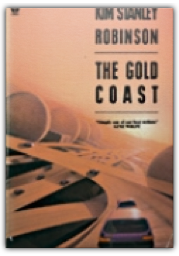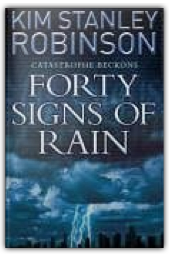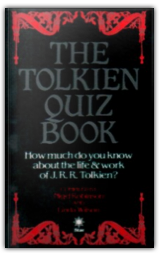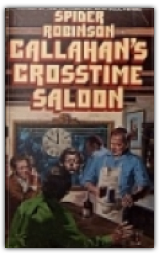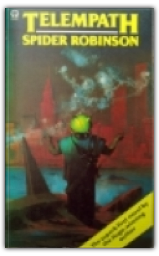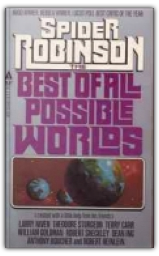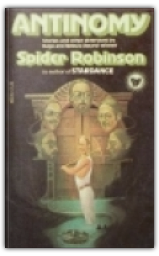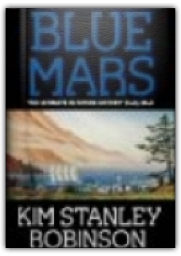 Blue Mars
Kim Stanley Robinson
Blue Mars
Kim Stanley Robinson
The final volume of a trilogy that began with Red Mars and continued with Green Mars, Blue Mars completes the story of the "First Hundred", a pioneering group of explorers who have overseen a terraforming project that transformed Mars from a lifeless planet into a world habitable by humans. An anti-ageing breakthrough has kept the First Hundred alive for three centuries and in that time, their motives, desires and passions have evolved in ways that parallel the changes on Mars itself. Conceptually complex and daring, the publication of Blue Mars marks the completion of a modern science fiction masterpiece.  A Short, Sharp Shock
Kim Stanley Robinson
A Short, Sharp Shock
Kim Stanley Robinson
Kim Stanley Robinson, justly famous for his science fiction, has created a mesmerizing fantasy work in A Short, Sharp Shock. Each brief chapter (with evocative titles such as "Beauty Is the Promise of Happiness") explores a little further along the path of the amnesiac protagonist, Thel. Thel finds himself on an amazing world, which has just one narrow ridge of land encircling the globe, with endless ocean on either side. And Thel is on a quest, searching for the woman who was with him when he first awakened, but who was taken by the murderous spine kings. In his travels along the ribbon of land, Thel encounters exotic local peoples and their legends of the origin of the world, and learns more about his companions and himself. Robinson's imagination is far-ranging and he has a pointed way with words: in a scene where Thel is slowly pushed through a magical mirror, Robinson's evocation of pain is unforgettable. A Short, Sharp Shock is guaranteed to haunt the reader for a long time. —Blaise Selby 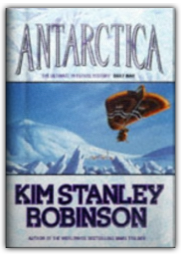 Antarctica
Kim Stanley Robinson
Antarctica
Kim Stanley Robinson
In the near future Wade Norton has been sent to Antarctica by Senator Phil Chase to investigate rumours of environmental sabotage. He arrives on the frozen continent and immediately begins making contact with the various scientific and political factions that comprise Antarctic society. What he finds is an interesting and diverse mix of inhabitants who don't always mesh well but who all share a common love of Antarctica and a fierce devotion to their life there. He also begins to uncover layers of Antarctic culture that have been kept hidden from the rest of the world, some of which are dangerous indeed. Events are brought to a head when the saboteurs—or "ecoteurs" as they call themselves—launch an attack designed to drive humans off the face of Antarctica. This is Kim Stanley Robinson's first book since his award-winning Mars trilogy, and while some of the themes may be familiar to seasoned Robinson readers the book is never less than engrossing. As usual Robinson does a masterful job with the setting of his story, and anyone interested in Antarctica won't want to miss this one. —Craig Engler, Amazon.com 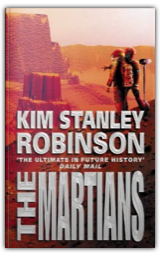 The Martians
Kim Stanley Robinson
The Martians
Kim Stanley Robinson
The Martians is a collection of stories, alternate histories, poems and even the complete text of a planetary constitution based on Kim Stanley Robinson's award-winning Mars trilogy (composed of Red Mars, Green Mars, and Blue Mars). For those unfamiliar with the series, The Martians from the title are the humans who have colonised and terraformed the Red Planet over the course of several generations. While Robinson told their story at considerable length in his novels, The Martians fleshes out some of his more interesting characters and also adds depth to their world. 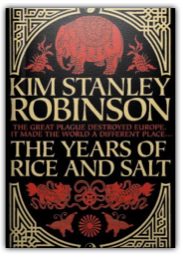 The Years of Rice and Salt
Kim Stanley Robinson
The Years of Rice and Salt
Kim Stanley Robinson
Kim Stanley Robinson's ambitious exploration of alternative history in The Years of Rice and Salt poses the daunting question "How would our world have developed without Europe?" (Or, rather, without European culture?) When the scouts of the Mongol leader Temur the Lame (Tamburlaine) enter Hungary in 1405, they find only emptiness and death. Plague has swept Europe off the gameboard of history. |
 Made with Delicious Library
Made with Delicious Library
London, State zipflap congrotus delicious library Scott, Mike




